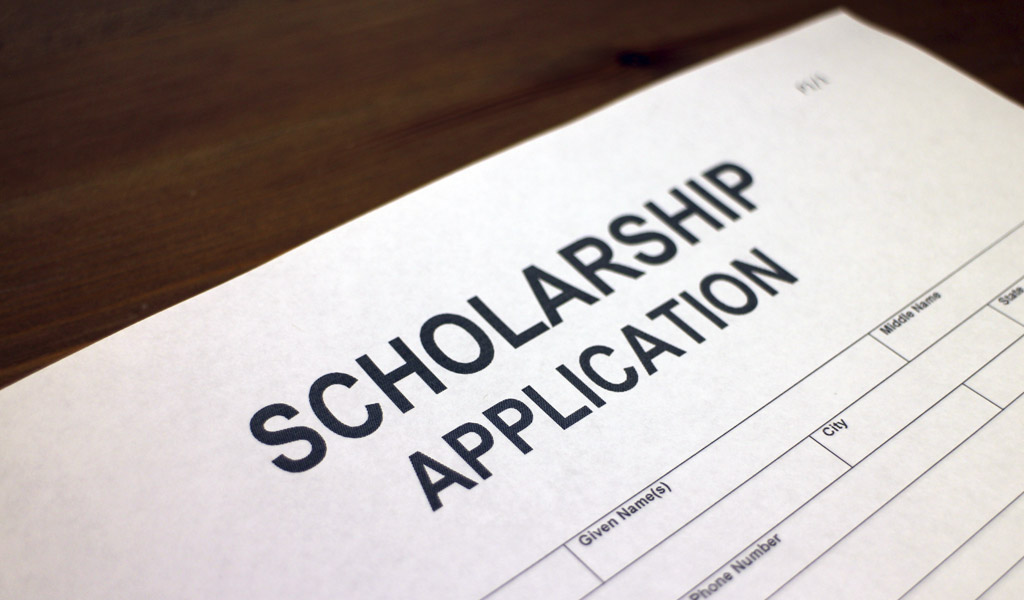
Introduction:
The journey through higher education is an exciting and transformative experience, but for students with ADHD (Attention Deficit Hyperactivity Disorder) and LD (Learning Disabilities), it may come with unique challenges. Recognizing the importance of fostering inclusivity, numerous organizations and institutions offer college scholarships specifically designed to support students with ADHD and LD. In this comprehensive blog post, we’ll explore the landscape of these scholarships, shedding light on the opportunities available to empower these talented individuals on their educational journey.
Understanding the Challenges:
ADHD and LD encompass a spectrum of conditions that can impact learning, focus, and academic performance. Navigating the demands of higher education with these challenges requires resilience, determination, and often, financial support. College scholarships tailored to ADHD and LD students aim to alleviate some of these challenges, providing not only financial assistance but also recognition of their unique strengths and abilities.
Scholarship Opportunities:
- Shire ADHD Scholarship Program: The Shire ADHD Scholarship Program aims to support individuals with ADHD pursuing higher education. The program awards scholarships based on academic achievements, community involvement, and the impact of ADHD on the individual’s life. Recipients are provided with financial assistance to help them pursue their academic goals.
- The Anne Ford and Allegra Ford Thomas Scholarships: Offered by the National Center for Learning Disabilities, these scholarships are designed for graduating high school seniors with documented learning disabilities, including ADHD. The Anne Ford Scholarship focuses on general LD, while the Allegra Ford Thomas Scholarship specifically addresses students with ADHD. These scholarships provide financial aid for students pursuing post-secondary education.
- The Incight Scholarship: Incight, a non-profit organization, offers scholarships to students with disabilities, including ADHD and LD. The Incight Scholarship aims to empower individuals to pursue higher education and overcome barriers they may face. Applicants are evaluated based on academic achievements, community involvement, and a personal essay.
- P. Buckley Moss Endowed Scholarship: The P. Buckley Moss Endowed Scholarship is dedicated to students with learning disabilities, including ADHD. Administered by the National Art Education Association, this scholarship supports individuals pursuing a degree in visual arts education. It recognizes the potential of students with learning disabilities in the field of visual arts.
- The Allegra Ford Scholarship: The National Center for Learning Disabilities offers the Allegra Ford Scholarship for students with learning disabilities, including ADHD. This scholarship is awarded to graduating high school seniors who demonstrate perseverance, leadership, and a commitment to academics. It provides financial support for their pursuit of post-secondary education.
Tips for Applying:
- Document Your Diagnosis: Ensure you have proper documentation of your ADHD or LD diagnosis. Many scholarships require proof of eligibility, so having this documentation readily available is essential.
- Highlight Your Strengths: Emphasize your strengths, achievements, and unique qualities in your application. Showcase how you’ve overcome challenges and how your experiences have shaped your academic and personal growth.
- Craft a Compelling Personal Statement: Use your personal statement to share your story, experiences, and aspirations. Discuss how you’ve navigated challenges and highlight your determination to succeed in higher education.
- Seek Letters of Recommendation: Request letters of recommendation from teachers, counselors, or mentors who can speak to your academic achievements, character, and potential. These letters can add depth to your scholarship application.
- Stay Organized: Keep track of scholarship deadlines, requirements, and submission guidelines. Staying organized will ensure that you submit complete and compelling applications on time.
Conclusion:
College scholarships for ADHD and LD students are not just financial aid; they represent a recognition of the unique strengths and potential within these individuals. By accessing these opportunities, students can pursue higher education with the support they deserve. As the landscape of scholarships continues to evolve, it is essential for aspiring students to stay informed, proactive, and confident in their abilities. Remember, these scholarships are not just about overcoming challenges; they are about celebrating the resilience, tenacity, and brilliance of individuals who, with the right support, can make lasting contributions to academia and society





